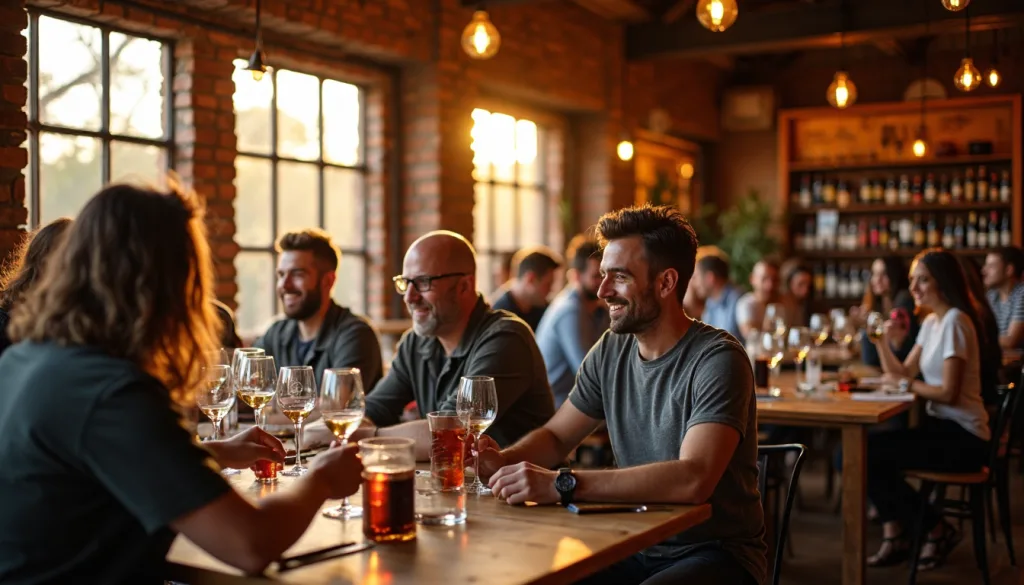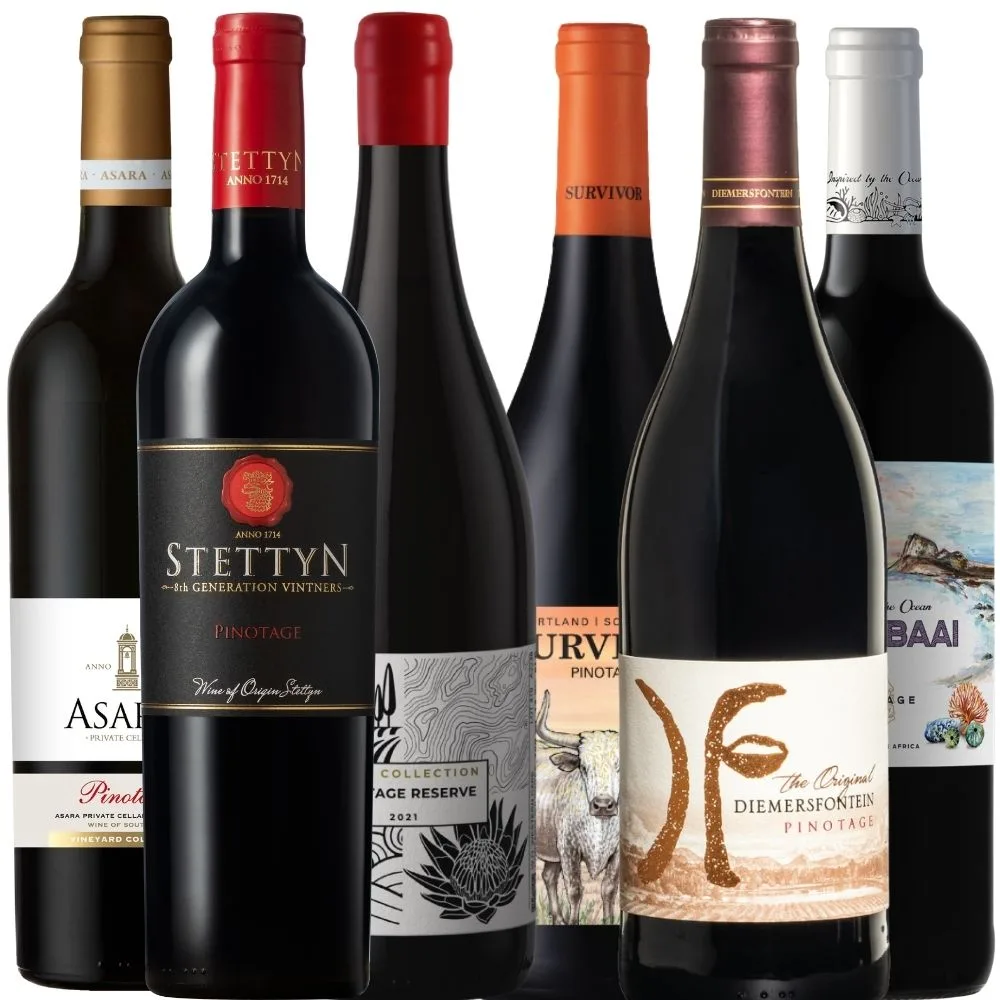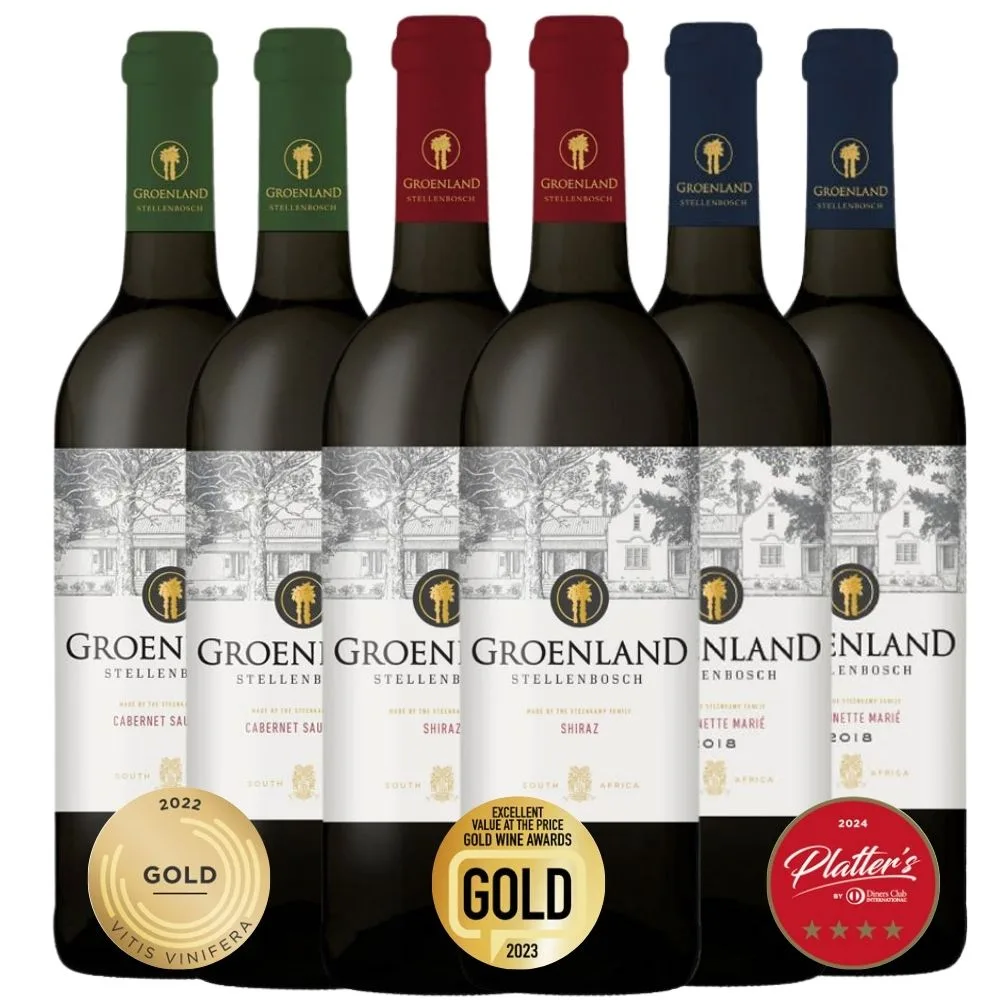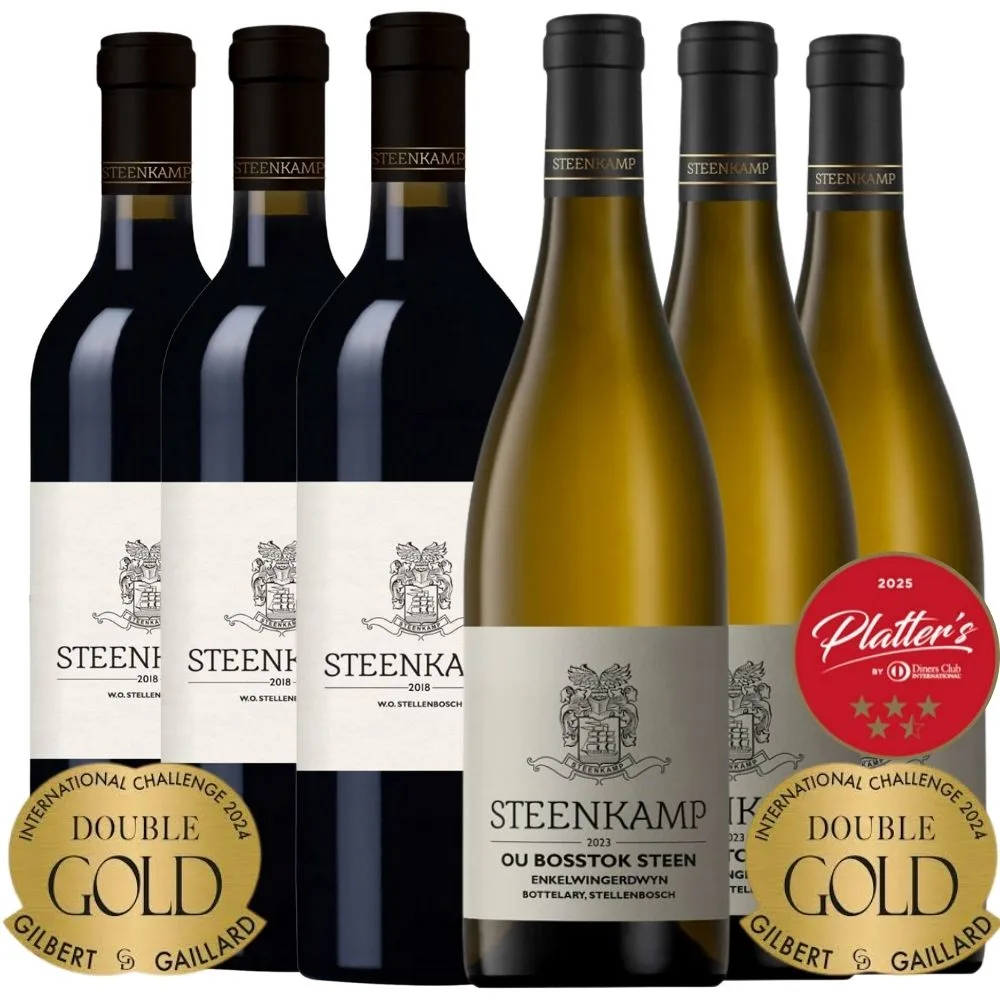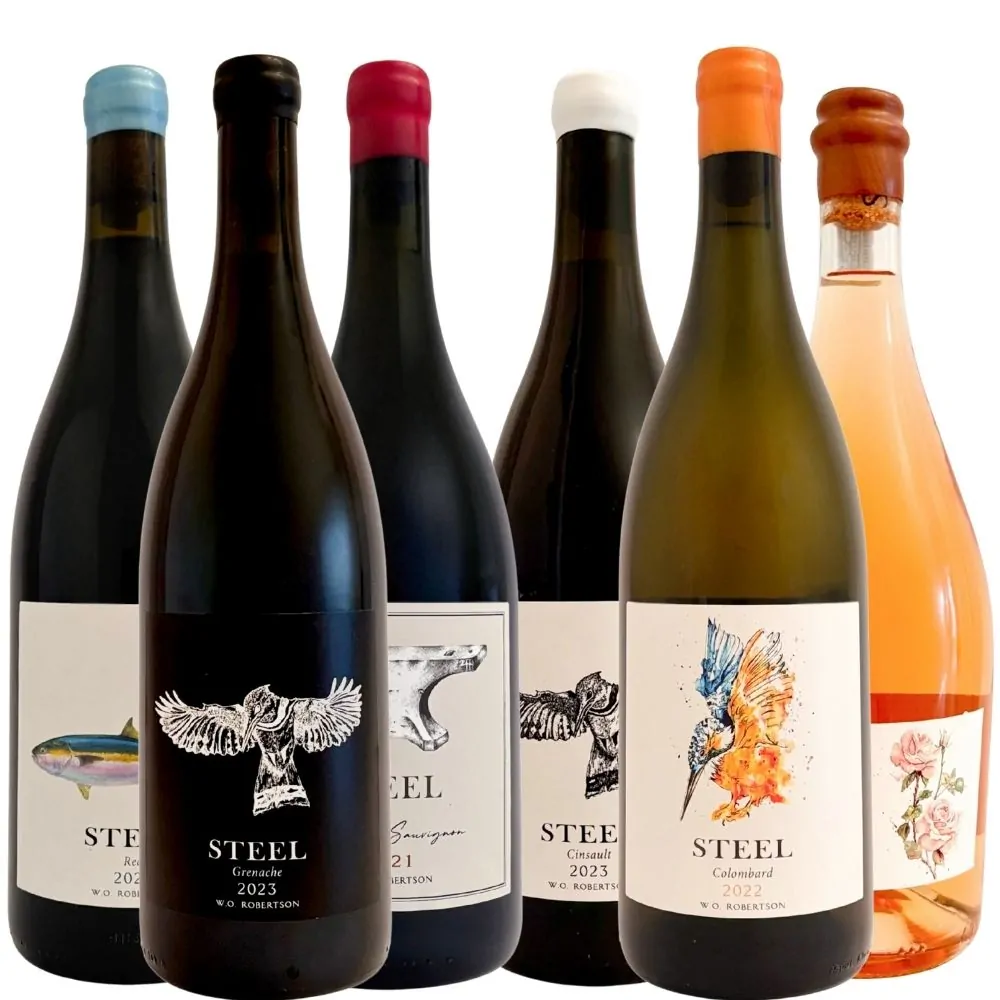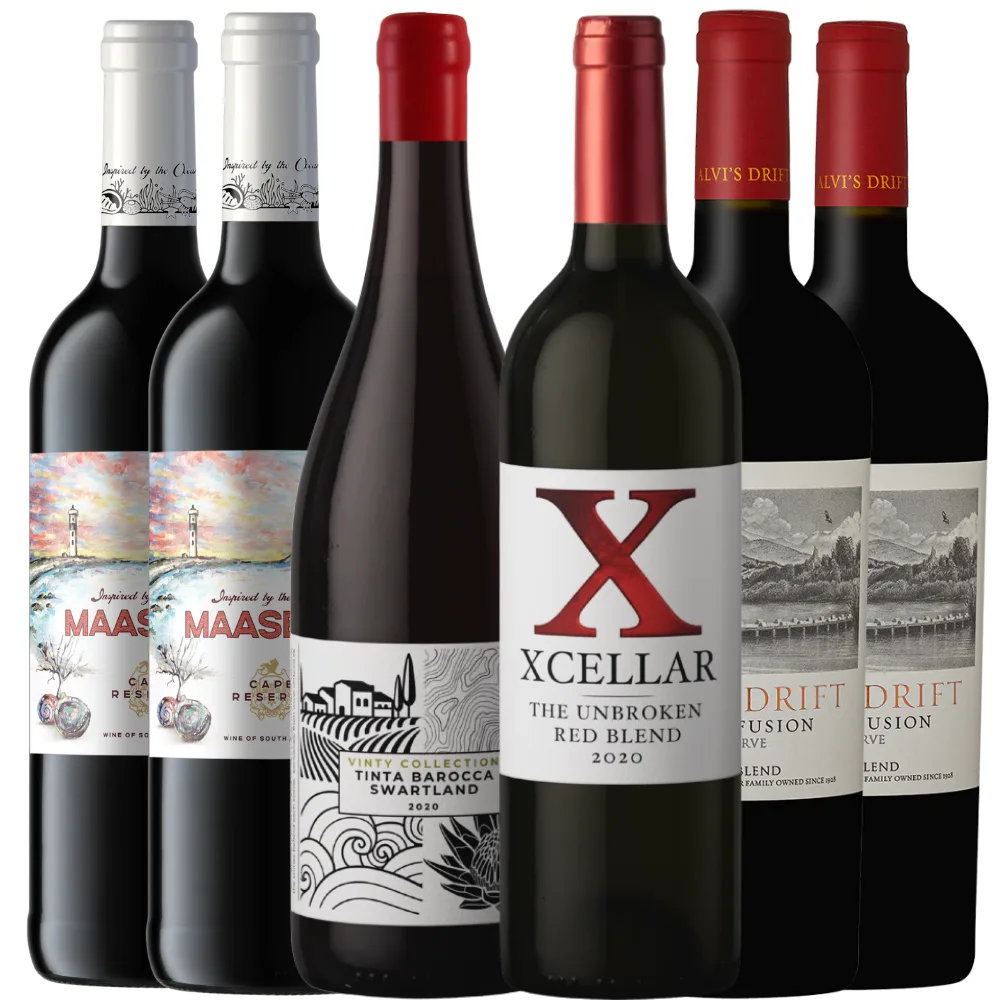
South Africa’s wine scene hides a secret world where rare small-batch bottles outnumber conventional labels six to one in some bars. That sounds almost impossible, right? Yet behind tucked-away doors and candlelit nooks, these venues redefine luxury with wines so unique that nearly 70 percent of independent wineries appear in fewer than 20 international stores. Most people think you need big money or famous names to experience great wine. These bars prove the most unforgettable sips and stories are waiting quietly, far from the spotlight.
Table of Contents
Quick Summary
| Takeaway | Explanation |
| Explore Hidden Wine Bars | South Africa hosts underground wine bars that offer unique tasting experiences and rare small-batch wines, providing an intimate journey through local craftsmanship. |
| Appreciate Small-Batch Wines | These wines are characterized by their rarity and craft, often representing the terroir and winemaking passion of South Africa, turning each bottle into a liquid narrative. |
| Access Affordable Luxury | South African wines deliver exceptional quality at accessible prices, challenging the notion that premium wines must come with high costs, making great taste more democratic. |
| Engage with Wine Stories | Wine bars in South Africa create a narrative around each glass, connecting consumers to the vineyards, winemakers, and cultural heritage behind the wines, enhancing the tasting experience. |
Hidden Wine Bars for Rare Finds
Unearthing South Africa’s secret wine sanctuaries requires more than a casual stroll. These hidden gems transform wine tasting from a simple drink into an intimate journey through local craftsmanship and passion.
Underground Wine Havens of Cape Town
Capture the essence of south-african wine culture means venturing beyond mainstream establishments. Discover boutique wine experiences that offer something truly extraordinary. Culture Wine Bar stands as a testament to this philosophy. Nestled in Cape Town’s vibrant streets, this intimate venue curates an exceptional collection of rare wines that tells a story with every pour.
What makes these hidden bars special is their commitment to storytelling. Unlike standard wine shops, these establishments understand that each bottle represents more than just fermented grapes. According to Cape Town Magazine, venues like Open Wine transform wine tasting into an immersive experience. Their wall displays invite patrons to explore unique selections directly, creating a sense of personal discovery.
Intimate Tasting Experiences
The magic of these hidden wine bars lies in their carefully curated selections. Imagine walking into a space where every wine has been selected not for mass appeal, but for its unique character. Small-batch wines from emerging winemakers find their home here. These aren’t just drinks they are liquid narratives of south-african terroir and winemaking passion.
Local sommeliers often describe these spaces as sanctuaries for wine enthusiasts. They offer more than just a glass they provide context. Each wine comes with a story about its origin, the winemaker’s journey, and the specific conditions that shaped its character. This approach transforms wine tasting from a simple act of consumption to an educational and emotional experience.
Beyond the Mainstream
What separates these hidden wine bars from typical establishments is their unwavering commitment to authenticity. They don’t just sell wine they celebrate it. Small producers who might be overlooked by larger commercial operations find representation in these intimate spaces. This commitment supports local winemaking talent and gives wine lovers access to truly unique expressions of south-african wine culture.
For those willing to explore beyond the familiar, these hidden wine bars offer a gateway into the soul of south-african winemaking. They prove that the most remarkable experiences often happen in the most unexpected places. Whether you’re a seasoned wine enthusiast or a curious newcomer, these venues promise an adventure that goes far beyond what you’ll find in standard wine shops.
Remember, the best wines are not always the most famous. Sometimes they are quietly waiting in these hidden corners, ready to tell their story to those patient and passionate enough to listen.

Small-Batch Wines and Cellar Gems
Small-batch wines represent the heartbeat of south-african winemaking artistry. These rare treasures capture the nuanced spirit of local terroir in ways mass-produced wines never could. Explore unique wine territories that birth these extraordinary liquid stories.
The Rarity of Craftsmanship
In the world of small-batch wines, rarity tells a profound story. According to research from academic journals, approximately 70% of South African independent wineries have their wines available in fewer than 20 international stores. This scarcity transforms each bottle into a liquid artifact of winemaking passion.
Take the Mullineux Swartland ‘The Gris’ Old Vines Sémillon 2022 as an example. As reported by the Cape Winemakers Guild, this wine represents a remarkable resurrection of a varietal that once constituted 40% of South African vineyards in the mid-1800s. Now nearly extinct, such wines become more than beverages they are living historical documents.
To help readers grasp the rarity and heritage of South Africa’s small-batch wines, here’s a table summarising key statistics and examples discussed:
| Aspect | Statistic/Fact | Example/Note |
| Independent wineries with wines in <20 international stores | ~70% | Shows rarity on global market |
| Historic role of Sémillon varietal | 40% of SA vineyards (mid-1800s) | Now nearly extinct |
| Example of rare small-batch wine | Mullineux Swartland ‘The Gris’ Old Vines Sémillon 2022 | Represents revived tradition |
| Typical small-batch wine access | Found in hidden/independent bars | Not mass market |
| Small-batch vintages | Uniquely precious, not replicated yearly | Highlights uniqueness |
Sustainable Crafting and Heritage
The narrative of small-batch wines extends beyond taste into sustainable practices. Organic Wines South Africa, established in September 2024, champions non-chemical wine production methods. These winemakers aren’t just creating drinks they’re preserving agricultural heritage and ecosystem balance.
Small-batch wines represent an intimate connection between land, tradition, and innovation. Each bottle tells a story of specific soil conditions, microclimates, and generational knowledge. Winemakers working at this scale can experiment, take risks, and express terroir with unprecedented precision.

Beyond Commercial Boundaries
What distinguishes these cellar gems is their commitment to authenticity over volume. Unlike large commercial wineries focused on consistent, standardised production, small-batch winemakers embrace variation. A slightly different growing season might result in a wine that cannot be replicated exactly the next year making each vintage uniquely precious.
These wines challenge traditional wine consumption paradigms. They invite consumers to appreciate complexity, understand provenance, and connect with the human stories behind each bottle. A small-batch wine is not just consumed it is experienced, discussed, and remembered.
For wine enthusiasts seeking something extraordinary, small-batch wines offer an unparalleled journey. They represent the purest expression of South African winemaking craft persistent, passionate, and profoundly local. Each sip is an invitation to explore a narrative far richer than what mainstream labels can offer.
Remember wines this special aren’t just drinks. They are liquid poetry crafted by hands that understand the delicate dance between tradition and innovation.
Affordable Luxury: Great Wine for Less
In the world of wine, luxury doesn’t always demand an astronomical price tag. South African wines have mastered the art of delivering exceptional quality without breaking the bank. Explore budget-friendly wine treasures that challenge traditional notions of premium wine pricing.
The Value Proposition
South African wines occupy a unique space in the global market. According to research published in Wineland Media, the country’s wines are so competitively priced that they risk underselling their true quality. This paradox creates an incredible opportunity for wine enthusiasts seeking exceptional taste without astronomical costs.
A fascinating study on wine brand valuation reveals an intriguing insight. Research from academic circles highlights how certain flagship red blends like Vergelegen V and Ernie Els command significant brand premiums. These wines demonstrate that South African winemakers can create world-class wines that remain remarkably accessible.
The following table summarises how South African wine challenges traditional luxury-wine paradigms, offering quality, accessibility and heritage:
| Feature | Traditional Luxury Wine | South African Wine Approach |
| Price | High/premium | Accessible/competitive |
| Accessibility | Reserved for elite/few | Available to wider public |
| Quality | Expected with price | Delivered regardless of price |
| Packaging/Marketing | Expensive focus | Winemaking and terroir focus |
| Heritage/Story | Often restricted to famous names | Available through small-batch and boutique labels |
Crafting Quality at Accessible Prices
What sets South African wines apart is their ability to balance craftsmanship with affordability. Winemakers here understand that great wine isn’t about expensive packaging or marketing hype. It’s about understanding the land, respecting the grape, and creating something genuinely remarkable.
Small boutique wineries play a crucial role in this ecosystem. They operate with lower overheads, allowing them to invest more in the actual winemaking process rather than elaborate marketing campaigns. This approach means consumers get wines that punch well above their weight class an authentic expression of South African terroir without the premium price tag.
Breaking the Luxury Paradigm
Traditionally, luxury in wine has been defined by price and exclusivity. South African winemakers are rewriting this narrative. They prove that exceptional wine can be both accessible and extraordinary. A R150 bottle can deliver complexity typically associated with R300 wines from other regions.
This approach reflects a deeper philosophy. Wine should be democratic not a privilege reserved for the wealthy. By creating high-quality wines at reasonable prices, South African producers are inviting more people to explore and appreciate sophisticated wine experiences.
For the discerning wine lover on a budget, this means unprecedented opportunities. You’re not compromising on quality you’re accessing a world of nuanced, carefully crafted wines that tell a story of passion, innovation, and deep connection to the land.
Remember great wine isn’t about how much you spend. It’s about the experience in the glass the story behind the bottle and the moment you share it. South African wines are your invitation to luxury without the hefty price tag.
Wine Bars with Stories Behind Each Glass
In South African wine culture, a glass is never just a drink. It’s a narrative waiting to be unfolded, a liquid memoir of landscape, tradition, and human passion. Discover the tales behind extraordinary wines that transform every sip into a storytelling experience.
The Narrative of Terroir
According to research published in Agrekon, consumer engagement with wine goes far beyond simple taste. Product involvement and information processing play crucial roles in how people experience and appreciate their drink. Wine bars in South Africa have elevated this concept into an art form, turning each glass into a chapter of a larger story.
Take venues like Publik Wine Bar and Leo’s in Cape Town. As highlighted by Shelflife Magazine, these establishments are not just serving wine they are curating experiences. Each bottle represents a dialogue between winemaker, land, and consumer a complex narrative that unfolds with every pour.
Winemakers as Storytellers
The rise of independent South African winemakers has transformed how we understand wine. Eat Out notes that these producers are gaining international recognition by crafting wines that are bold, unique, and deeply expressive of their diverse terroirs. They are not just making beverages they are creating liquid manuscripts of south-african landscapes.
In these wine bars, sommeliers become translators. They decode the subtle language of each wine telling stories of specific vineyard blocks, unique harvesting techniques, and the personalities behind the bottles. A single glass might reveal tales of generations of winemaking, of challenging seasons, of innovative techniques that push traditional boundaries.
Beyond Tasting Experiencing Culture
What distinguishes these wine bars is their commitment to context. They understand that great wine is not an isolated experience but a cultural conversation. Each glass becomes a gateway to understanding South African agricultural heritage, climate challenges, and the resilience of local winemakers.
These spaces invite patrons to look beyond the liquid in their glass. They encourage exploration, questions, and a deeper appreciation of the intricate ecosystem that produces each bottle. Whether it’s a small-batch Chenin Blanc from an obscure region or a robust Syrah with a complex lineage, these wine bars ensure that every pour tells a compelling story.
For the curious wine lover, these establishments offer more than refreshment. They provide a sensory journey through South African landscapes, a taste of local innovation, and a connection to the passionate individuals who transform grapes into poetry. Each glass is an invitation to listen, to learn, and to appreciate the rich narrative of South African wine culture.
Remember wine is never just about what’s in the glass. It’s about the hands that picked the grapes, the soil that nurtured them, and the stories waiting to be discovered with every sip.
Frequently Asked Questions
What are the best wine bars in South Africa for small-batch wines?
South Africa features several hidden gems like Culture Wine Bar in Cape Town and Publik Wine Bar that focus on unique small-batch wines, offering an intimate tasting experience with rare selections.
Why should I try small-batch wines in South Africa?
Small-batch wines provide a unique narrative of local terroir, craftsmanship, and culture, often unavailable in mainstream markets, making each bottle a distinct representation of its origin.
Are South African wines affordable?
Yes, South African wines are known for their exceptional quality at accessible prices, allowing wine enthusiasts to enjoy luxury experiences without breaking the bank.
How do wine bars enhance the tasting experience in South Africa?
Wine bars in South Africa focus on storytelling and cultural context, transforming each glass into an opportunity to learn about the winemakers, their techniques, and the local heritage behind the wines.
Bring the Hidden Wine Bar Vibe Home with Vinty
You’ve just discovered how South Africa’s best wine bars make wine feel like a personal adventure, serving up rare small-batch bottles and stories you can’t find anywhere else. Yet, it’s easy to hit a wall when you try to access these character-rich, cellar gems outside of a trendy city bar. Most wine lovers crave those same discoveries and narratives but struggle to find them in their local shops or supermarkets.
Vinty bridges that gap for you. Every curated bottle mirrors the passion, craftsmanship, and local storytelling you read about in this article. Shopping with Vinty means you get access to exclusive finds and special bonuses that make every order feel like a new chapter in your wine journey.
Ready to taste the next undiscovered favourite? Start your journey now at https://old.vinty.co.za. Experience South African wine as it’s meant to be: personal, special, and never run-of-the-mill.

